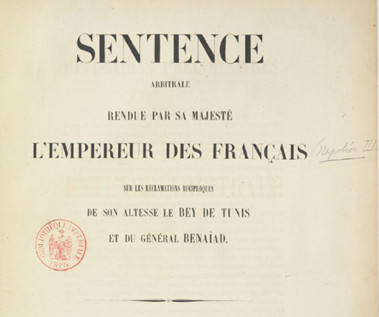
Recent innovations in Job Search Visas will help better understand how and under what circumstances they can help in labour migration. Evaluation will be important. One lesson is that adjustments should be expected – JSVs are hard to get right on first go. t.co/9jg3pXVeQp
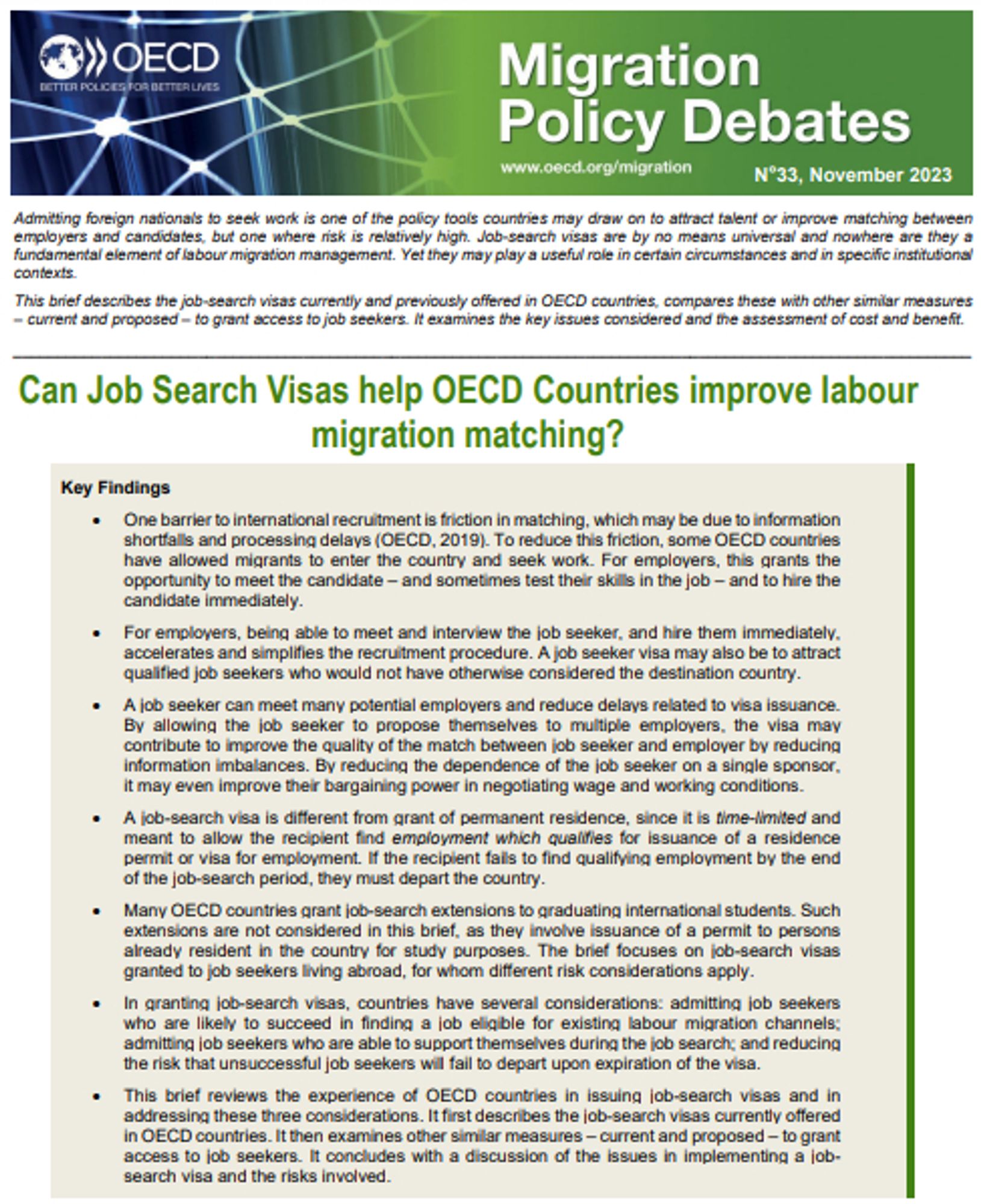
Some of these Job Search Visas filter by “Top University” degrees. Using third-party rankings in migration risk management is surprising.🤔 Commercial rankings may not reflect what JSVs seek. And if these graduates are so great, why do they need JSVs?

Job search visas test policy capacity to identify successful candidates Migration authorities don’t like to admit foreigners to wander around looking for jobs, so JSVs are often only for a select few - exactly those who don’t really need them.
Past job search visas in many countries (NOR, DNK, GBR, ITA, ESP, NZL) have been cancelled ▶️Hard to prove success ▶️Lower-than-expected outcomes ▶️Programme management issues (backlogs, integrity) ▶️Overlap with other legal labour migration channels A political hard sell.
Lots of friction in international job matching 🤷Employers like to meet candidates, and don’t like expensive commitments to obtain work permits for unknown foreigners 🤷Workers don't know about employers Addressing these barriers are *part* of the reason for Job Search Visas
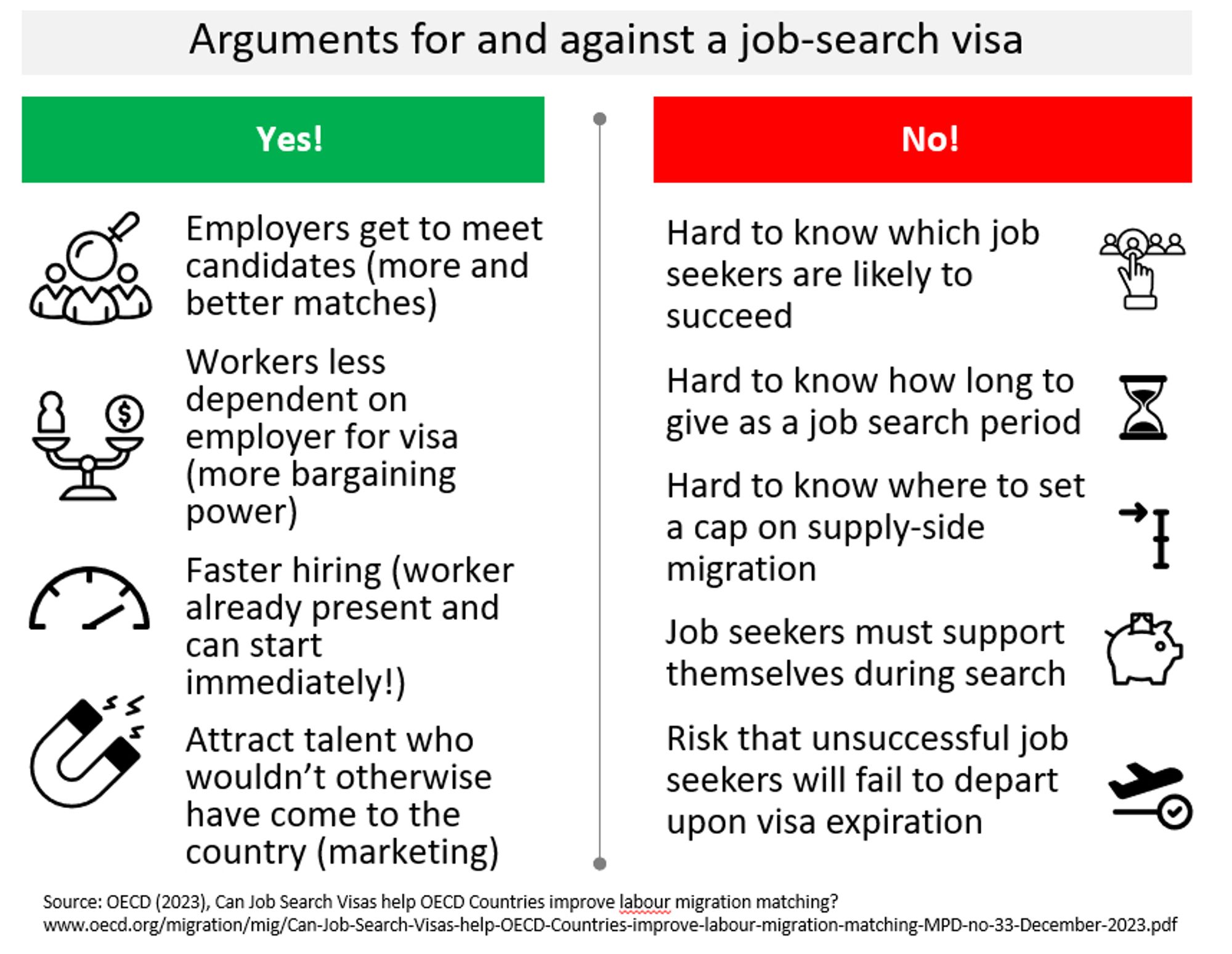
Can Job Search Visas help labour migration matching? Recent JSVs: PT: Procura trabalho, 120 days, for anyone JP: J-Skip – up to 5 years, high-educated, -paid DE: Chancenkarte – 1 year, points-based, skilled SE: High-ed New OECD brief looks at JSVs past and present t.co/9jg3pXVeQp
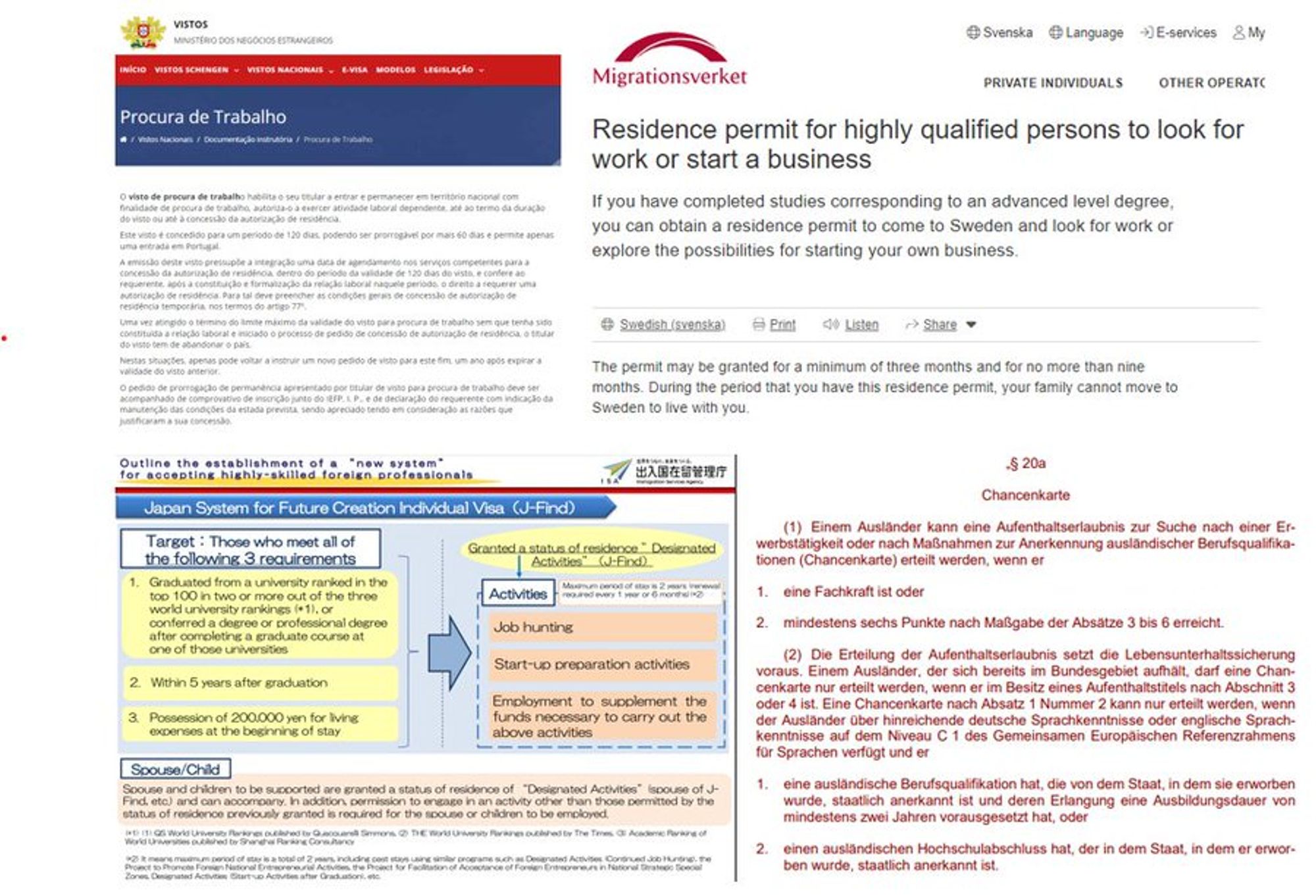
Back to the report, to conclude: Keeping criminals from misusing CBI/RBI takes some effort, as examined in the FATF/OECD report. Whether it’s worth the trouble is up to each country, but there are migration consequences to include in the calculation. 17/17 end🧵
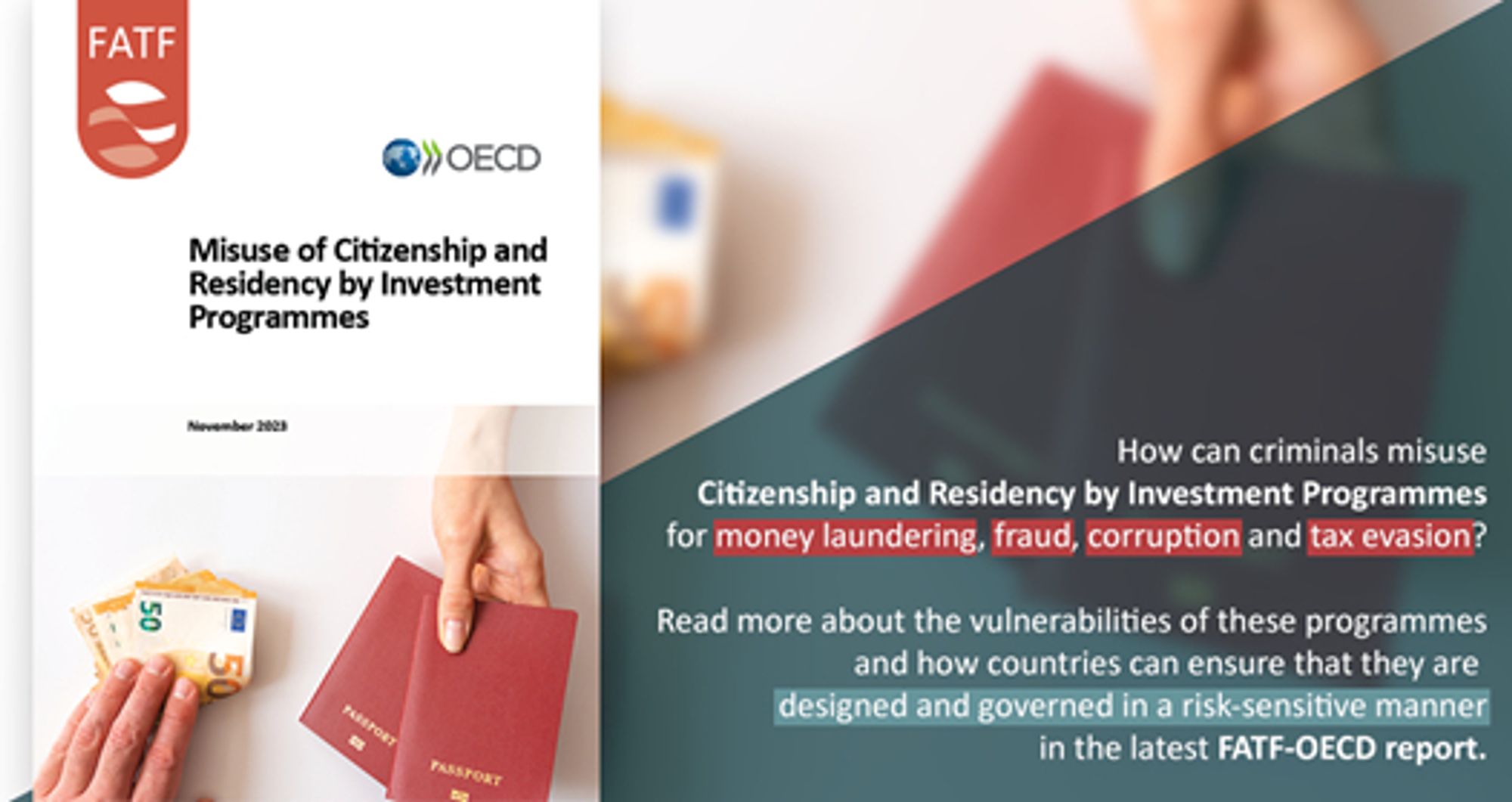
Later Shamama set up in Livorno and invested in making himself appreciated through charity and public largesse. So in the end he established the “genuine link” which is what critics of "ius pecuniae" would prefer to see. Many descendants stayed and thrived in Italy. 16/17

So Shamama made a flimsy claim to Italian heritage and threw cash around until Italy gave him citizenship (plus a title!) (He spoke no Italian. Didn't matter.) Even with "passport", he stayed in France, violating Italian requirement to register naturalisation 15/17

The source of Shamama’s funds raised eyebrows in France – “due diligence” not being very developed, it was more diplomatic intelligence and odour of scandal, as well as howls from the Tunisian treasury, for a related ongoing embezzlement case. 14/17
